South Korea has taken a step backwards in its reopening process by tightening its on-arrival COVID-19 testing regime.
Effective 25 July 2022, international arrivals must undergo a PCR test within 1 day of arrival. It is unclear whether self-isolation is required until a negative result is received, with the Korean Tourism Organisation saying yes, and the Korean Embassy in Singapore saying it is only “recommended”.
The government is further mulling restricting pre-departure testing to PCR tests only, depending on the prevailing number of COVID-19 cases.
South Korea tightens on-arrival testing window
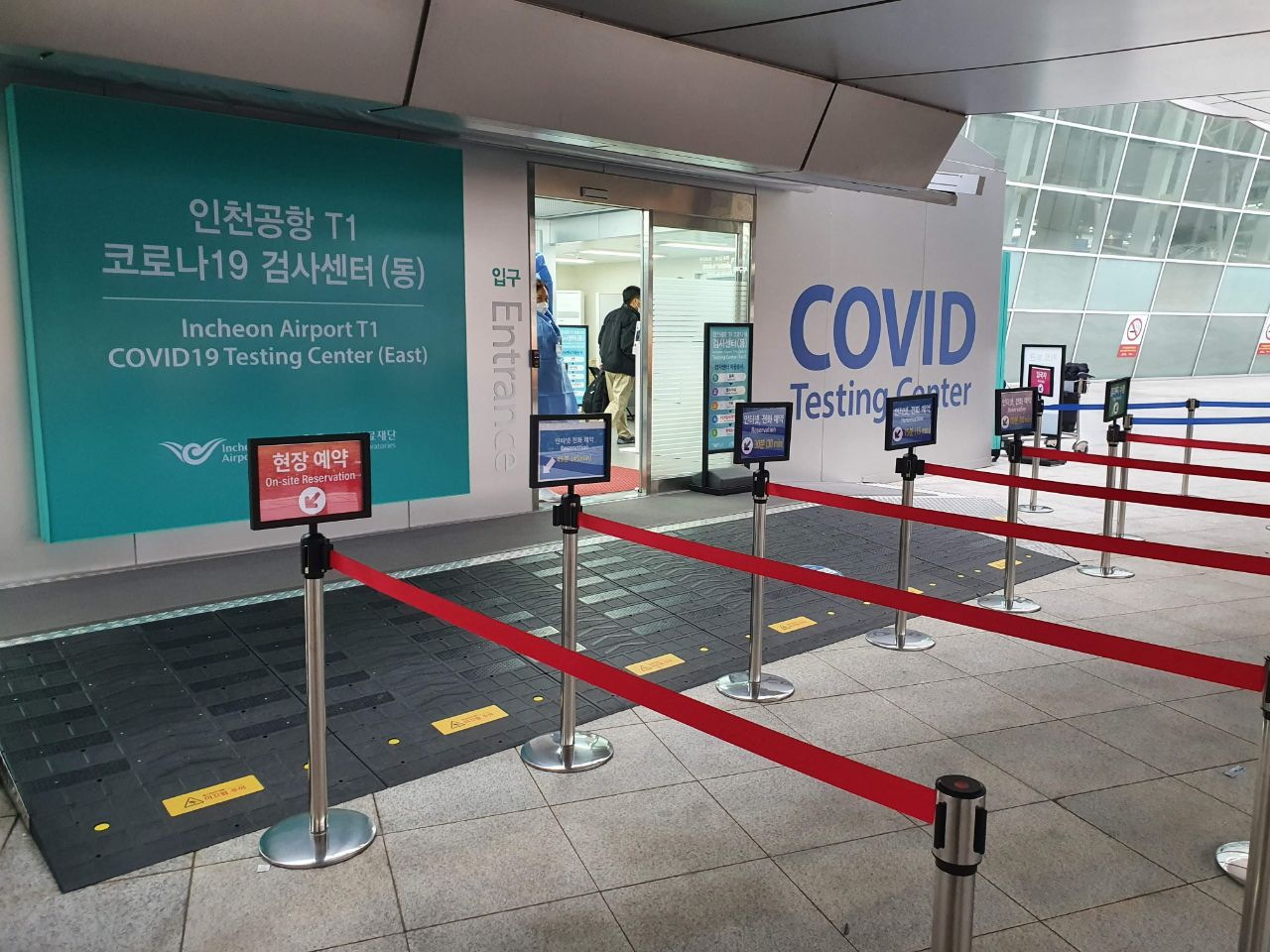
Currently, international travellers arriving in South Korea are required to take a PCR test within three days of arrival. There is no need to isolate prior to receiving a negative result
From 25 July 2022, the window for on-arrival testing will be shortened to one day (by 2359 hours the day after arrival). The Korean Tourism Organisation states that isolation is required until a negative result is received.
Travellers must stay in their accommodations until they receive a negative PCR Test result
-Korean Tourism Organisation
However, the Korean Embassy in Singapore states that isolation is only “recommended”, which is bound to generate confusion.
Travellers are recommended to remain in their accommodations until they receive a negative PCR test result
-Korean Embassy in Singapore
Whether the narrower on-arrival testing window poses additional inconvenience really depends on how you plan your trip. Most visitors would take their COVID-19 PCR test at Incheon Airport upon landing (bookings can be made here), and you’re one of them, three days versus one day does not really make a difference.
However, if you were planning to board a connecting flight immediately on arrival in Seoul, or take your test at some other off-airport location, then the tighter window might require a rejigging of your schedule.
If the on-arrival test results are positive, a 7-day quarantine is required. Foreigners will need to quarantine at an allocated quarantine facility.
Further tightening of pre-departure testing?
South Korea currently requires all international visitors to take a pre-departure COVID-19 test, which can be either:
- a professionally-administered ART within 1 day of departure (remotely-supervised tests are not accepted)
- a PCR test within 2 days of departure
For example, if your flight to South Korea departs at 8.40 p.m on Sunday, you must take your test:
- ART: Anytime from 12.01 a.m on Saturday
- PCR: Anytime from 12.01 a.m on Friday
Children under the age of six are exempt from testing, when accompanied by fully-vaccinated adults.
However, South Korea is considering restricting pre-departure testing to PCR tests only, should the number of COVID-19 cases continue to rise. That would be unfortunate, given that a PCR test in Singapore starts from S$50, versus S$18 for a clinic-administered ART.
Besides, doesn’t PCR testing only really make sense if you’re pursing a COVID-zero strategy? Given the stage we’re at and the high rate of vaccination in Korea, surely it’s not about catching every single last case?
In any case, you can find a list of the cheapest pre-departure ART and PCR tests in Singapore via the article below.
Cheapest pre-departure COVID-19 ART and PCR tests in Singapore
Summary: Travel to South Korea
With the latest changes, here’s a summary of the procedure for quarantine-free travel to South Korea.
| 🇰🇷 Summary: Travel to South Korea (From 25 July 2022) |
|
| Full Details: Korean Embassy |
Testing costs will be just over S$100 per person, assuming pre-departure ARTs continue to be accepted. For comparison, testing cost more than S$500 when the Singapore-South Korea VTL first started!
| ⚕️ South Korea Testing Regime* | ||
| Location | Remarks | Price |
| 🇸🇬 Singapore | 1 day before departure (ART) |
From S$18 |
| 🇰🇷 South Korea |
Within 1 day of arrival (PCR) |
KRW 80,000 (~S$85) |
| *Children aged below 6 are exempt from all testing requirements | ||
Conclusion
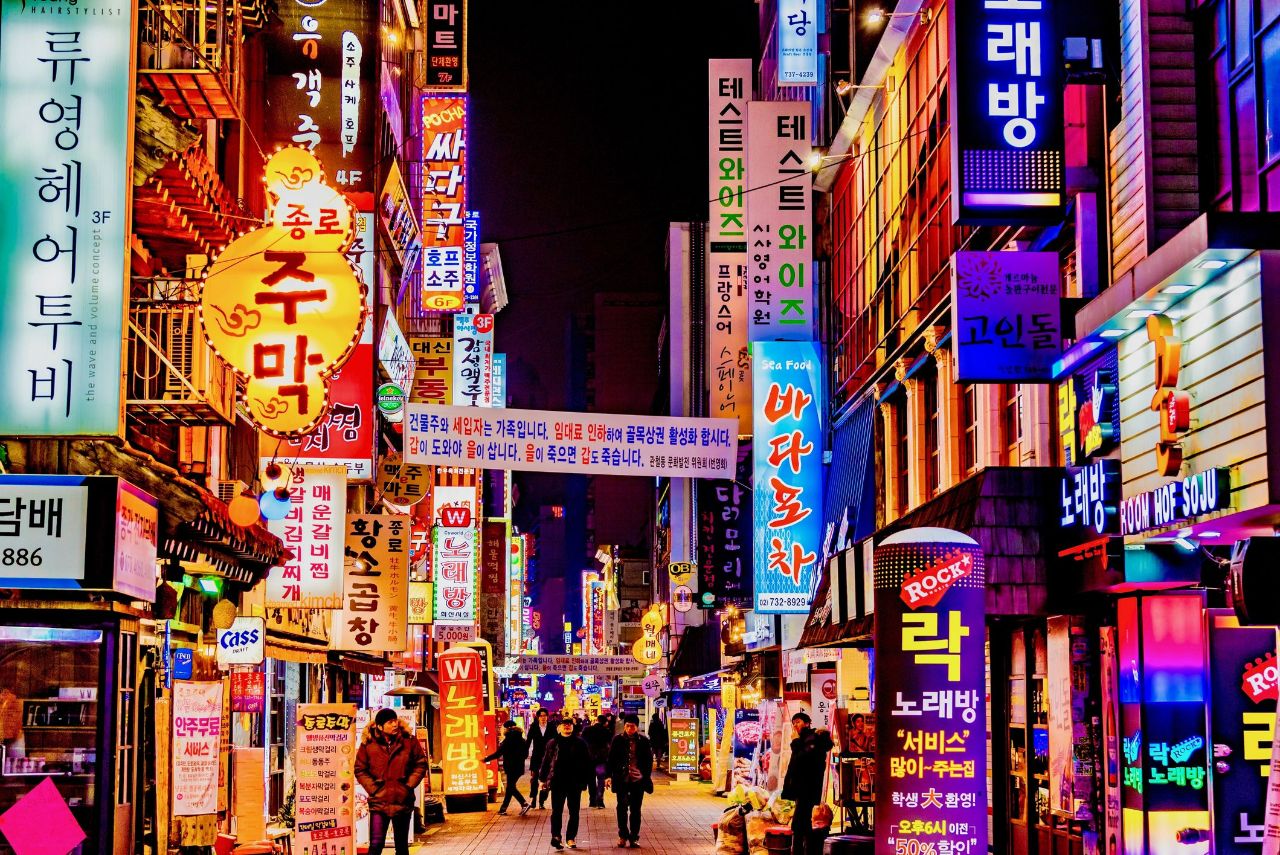
From 25 July 2022, South Korea will tighten its on-arrival testing window to within one day of arrival, versus the current three days. It’s unclear whether self-isolation is required until a negative result is received, and that’s something I’ll need to make further enquiries about.
While this development isn’t necessarily an added inconvenience to travellers per se, it’s still concerning insofar as it points to a willingness to undo some of the gains made over the past few months. Let’s hope sensible heads prevail and South Korea doesn’t bring back expensive pre-departure PCR testing once again.


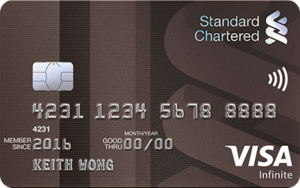
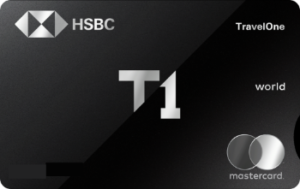

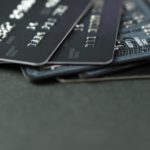

‘Foreigners will need to quarantine at an allocated quarantine facility.’
Any country that still enforces such stupid rules will not get my tourist dollars (or won).
Plenty of more reasonable countries around that respect human rights and don’t incarcerate you for what is practically a cold.
Anti-science nonsense: they already have plenty of cases in their own country.
Incarcerating foreigners will have NO effect whatsoever.
Fear, and politics.
Agreed. It’s always easier to blame foreigners, and making it hard for them to enter is an easy way to look like you are doing something.
I dislike these test and quarantine rules as well. But you are really overreacting when you invoke “human rights” in your comments. Much as you dislike these rules, they have every right to enact their own policies, just like you have every right to vote with your own feet.
Nothing surprising by Korea – they aren’t a very sophisticated or bright bunch. Waiting for they day when everyone gets bored of their rubbish food and “culture”.
agree. koreans are very rude.
I’m flying to US, transit via Incheon airport. Layover 2 hours. Still need pre-departure ART and on arrival tests?
Aaron, is there an update on this, esp on the need to quarantine before the on-arrival PCR results are known?
Also, I heard that there are more stringent measures being proposed, in view of the latest surge in cases, including a temporary suspension of international flights. Did you hear anything?
Hi Salmon, am interested to know as well.
Just called my local consulate today. They’re adamant that isolation isn’t required, just testing.